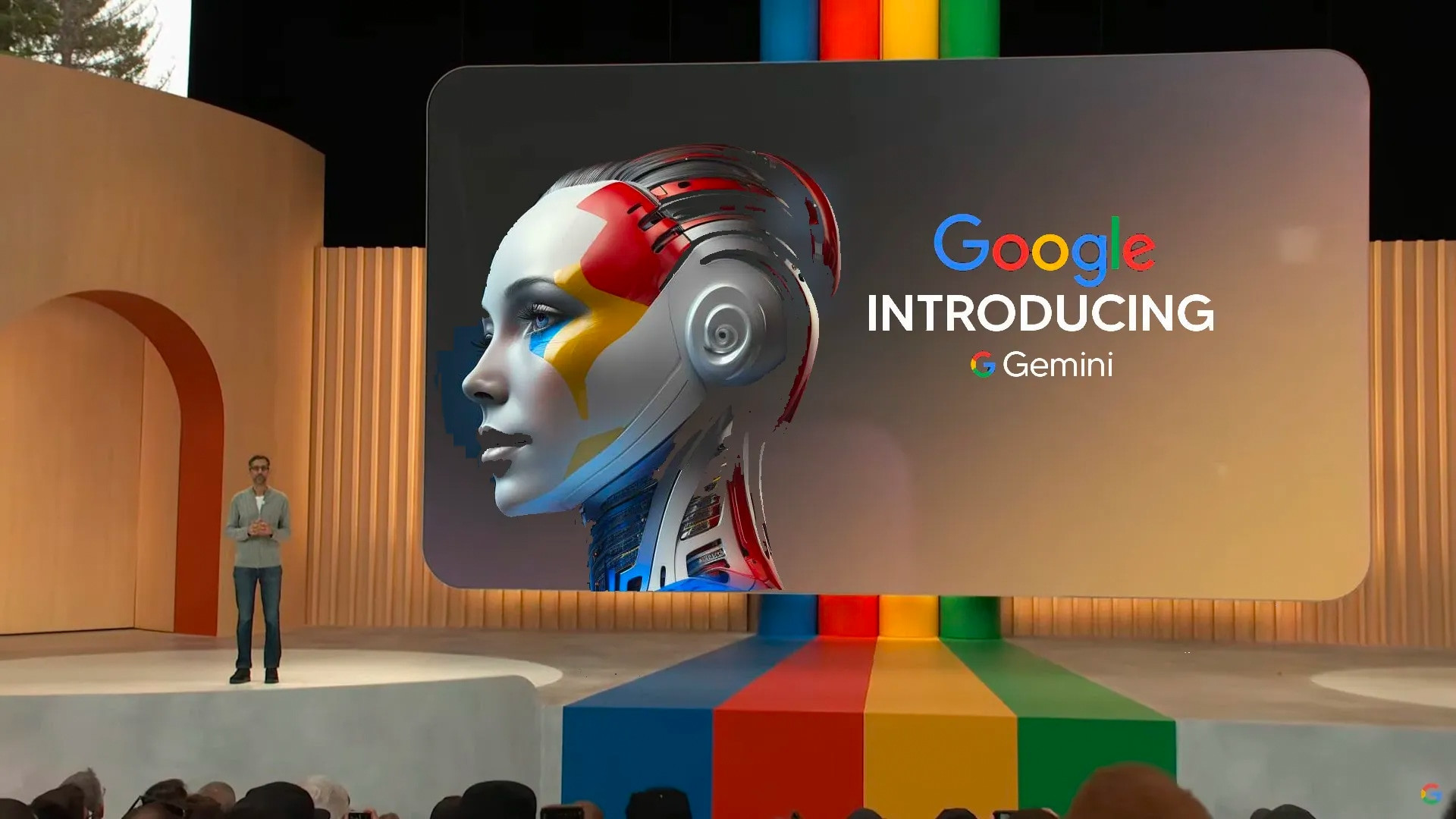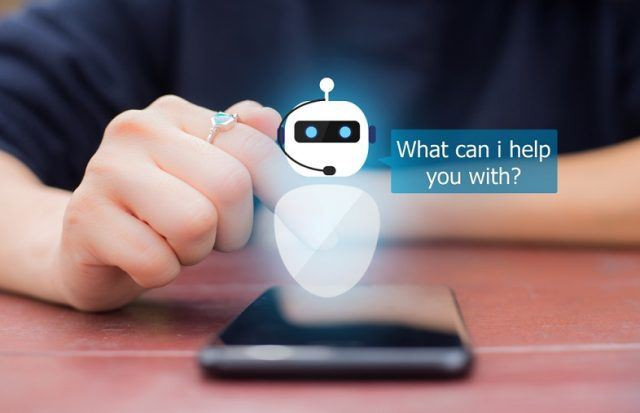Google Unveils Gemini 2: A Giant Leap for AI
The tech world is abuzz with the recent announcement of Google’s Gemini 2, a significant advancement in artificial intelligence. This isn't just an incremental upgrade; it represents a paradigm shift in how we interact with technology, promising a future where AI acts as a true partner in our daily lives, both personal and professional.
Generational Differences in AI Adoption and Usage
While the potential of AI is undeniable, its adoption and usage differ across generations. AEM, a leading organization advancing construction and agriculture equipment manufacturers, recently highlighted research indicating that the narrative of younger generations solely embracing technology, while older generations remain hesitant, is inaccurate, particularly concerning AI. This nuanced understanding is crucial for maximizing AI’s potential. This research points to the need to understand the unique needs and preferences of different micro-generations to effectively leverage AI's power. For example, Leading Boomers (70-80 years old) value technology that fosters connection within their communities, while Neo Boomers (60-70 years old) prioritize ease of use and increased independence. Gen X, with their experience spanning the early days of home computers to the internet boom and bust, sees AI as a tool for enhancing productivity and creativity.
Gen X and the AI Landscape
Gen XS (53-60 years old), often juggling responsibilities for both children and aging parents, benefit greatly from AI that streamlines daily organization and improves multitasking capabilities. Gen Xenos (45-52 years old), on the other hand, view AI as an addition to their lives, a tool for upskilling and personal growth. This microgeneration's enthusiasm for AI applications across food, fitness, and gaming reflects their adventurous spirit and willingness to explore new technological horizons. The integration of AI into educational programs can significantly help improve their skills. This proactive approach by businesses can empower employees and foster a positive AI work environment.
Millennials and Gen Z: Navigating AI's Impact
Millennials, while highly dependent on technology, have started to experience digital fatigue. The best use of AI for this generation lies in reducing screentime, improving efficiency and helping manage their children's tech usage. Pro Millennials (38-44 years old) are keen to find AI tools for their children that can help them minimize their screen time and the negative aspects of their tech-heavy lives. Mid Millennials (30-37 years old) are already using AI at work but fear job displacement. This fear underscores the crucial role of employers in framing AI as a tool for enhancing employee capabilities rather than replacing them. Nouveau Millennials (25-30 years old) seek to use AI to mitigate stress and reduce excessive screentime. The proactive involvement of these micro-generations helps to streamline AI strategies and ensure a seamless integration into the business models.
Gen Z, being digital natives, seamlessly integrates AI into their daily lives. Their acceptance of AI as a tool for improving lives highlights the potential for AI to become an indispensable part of the future. Zillennials (15-25 years old), already entering the workforce, readily utilize AI but may need to navigate workplace dynamics related to its usage. Companies should focus on working with Zillennials, not against them, to retain their talent and innovation. The insights and perspectives of this generation are pivotal for successful AI integration within organizations.
Gemini 2: Capabilities and Implications
Google's Gemini 2 significantly advances AI’s capabilities. It’s designed to plan and execute tasks on computers and the web, engaging in human-like conversations and understanding the physical world. Gemini 2 represents a significant step towards the development of artificial general intelligence (AGI), an AI with human-level cognitive abilities. This showcases Google's commitment to pushing the boundaries of artificial intelligence and offers a glimpse into the exciting possibilities that lie ahead.
AI Agents and the Future of Computing
Google's focus on AI agents—software capable of performing tasks on behalf of users—marks a significant departure from traditional AI. Unlike current AI tools that merely auto-complete tasks, these agents demonstrate the ability to navigate complexities and execute multi-step processes. This is evidenced by Gemini 2’s demonstrated capacity to plan meals, manage online shopping, and even assist with coding and data science projects. Project Mariner, an experimental Chrome extension, provides a compelling illustration of this transformative potential. This agent uses its knowledge and ability to navigate websites to fulfill user instructions.
Addressing Ethical Considerations
Google’s development of Gemini 2 also acknowledges the importance of addressing ethical considerations. The company emphasizes user control over data and underscores the need to learn about responsible AI use and user privacy and security. These efforts are essential to ensure that AI's advancements align with ethical principles and benefit all users. The integration of responsible and ethical practices into AI development is crucial for mitigating potential risks and ensuring a positive and secure user experience.
Google's Vision: A World Enhanced by AI
Google's vision extends beyond simply creating advanced AI; they aim to weave it into the fabric of our daily lives. From smarter search experiences to universal AI agents assisting with daily tasks, the integration of Gemini 2 into various Google products promises to enhance user interactions and streamline workflows. The future of AI, as envisioned by Google, is one of seamless integration and powerful collaboration between humans and intelligent machines. This approach emphasizes the enhancement of human capabilities, not replacement. The introduction of Project Astra, a universal AI agent, further demonstrates this aspiration to create a more intuitive and helpful AI experience.
Google’s advancements are not merely about technical prowess, but also about navigating the regulatory landscape. While facing potential antitrust challenges, Google remains committed to innovating and shaping the future of AI. Their continued investment in AI, despite regulatory scrutiny, signals their belief in AI's transformative power and their determination to remain at the forefront of this technological revolution. The introduction of Gemini 2, therefore, represents more than a technological achievement; it is a bold statement about Google's unwavering commitment to AI's future. The focus on integration across various Google products and services, along with ethical considerations, paints a comprehensive picture of responsible AI development and deployment. This forward-looking approach positions Google as a key player in shaping the future of artificial intelligence. The potential for transformative change and innovation is immense, and the ongoing journey is undoubtedly one to watch.

















